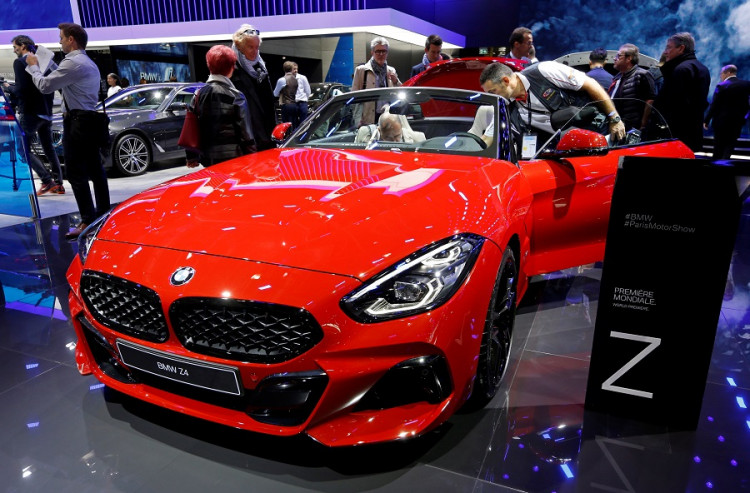There still remains a glimmer of hope president Donald Trump won't levy punishing tariffs on European cars imported to the United States on the excuse these vehicles are a threat to the national security of the country.
Trump is expected to make his decision on Saturday. The U.S. Department of Commerce led by Sec. Wilbur Ross has recommended that tariffs of up to 25 percent on cars and parts imported from Europe be levied to protect the U.S. auto industry from imports on national security grounds. These tariffs are due to be imposed by May 18.
After this day, the administration has another 180 days to come to a decision as long as it is negotiating with the European Union (EU).
Rumors are circulating the administration might formally delay a decision on the tariffs by up to six months as trade negotiations with the European Union and Japan are about to begin. In 2018, Trump agreed not to impose tariffs as long as talks with the two top trading partners show progress.
The Commerce Department investigated whether the car and car parts imports from Europe harmed U.S. national security by weakening the ability of American automakers to invest in future technologies. In February, the department submitted its Section 232 national security report to the White House. Its specific recommendations have not been revealed, however.
General Motors Company (the largest American carmaker), Volkswagen AG, Toyota Motor Corporation and other firms are sounding the alarm over the damaging impacts imposing tariffs of up to 25 percent will have on imported cars and parts.
The U.S. motor vehicle industry says tariffs of up to 25 percent on millions of imported cars and parts will add thousands of dollars to motor vehicle costs. Tariffs will also lead to hundreds of thousands of job losses in the the U.S.
The proposed tariffs will increase the prices of U.S. light-duty vehicles by $2,750 on average, including U.S.-built vehicle. It will also slash annual U.S. sales by 1.3 million units and force many buyers to the used-car market.
"The case remains clear -- cars are not a national security threat," asserts the Alliance of Automobile Manufacturers, a trade group representing GM, VW, Toyota, and other makers. "We are deeply concerned that the administration continues to consider imposing auto tariffs."
The auto tariffs face are also being resolutely opposed by both Democrats and Republicans in both Houses of Congress. The White House has refused to release the Commerce Department report to Senator Chuck Grassley (R-IA), chairman of the Senate Finance Committee, who has been demanding to see it.
Last week, 159 members of the House of Representatives led by Ways and Means Committee Vice Chair Terri Sewell (D-AL) wrote White House National Economic Council Director Larry Kudlow urging him to advise Trump against "imposing trade restrictions that could harm the auto sector and the American economy."
The letter warned that imposing tariffs on parts in cars "may overlap with motorcycles, recreational vehicles, construction equipment, heavy-duty trucks, farming equipment, power sports vehicles, and others." It was signed by 79 Democrats and 81 Republicans.
Trump and his allies have always contended tariff threats on autos are a way to force concessions from Japan and the EU.






